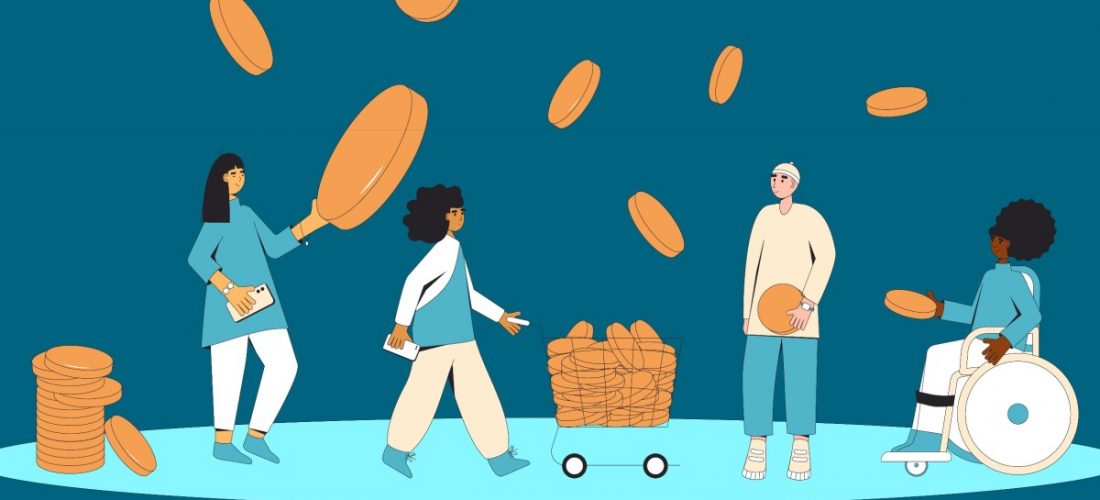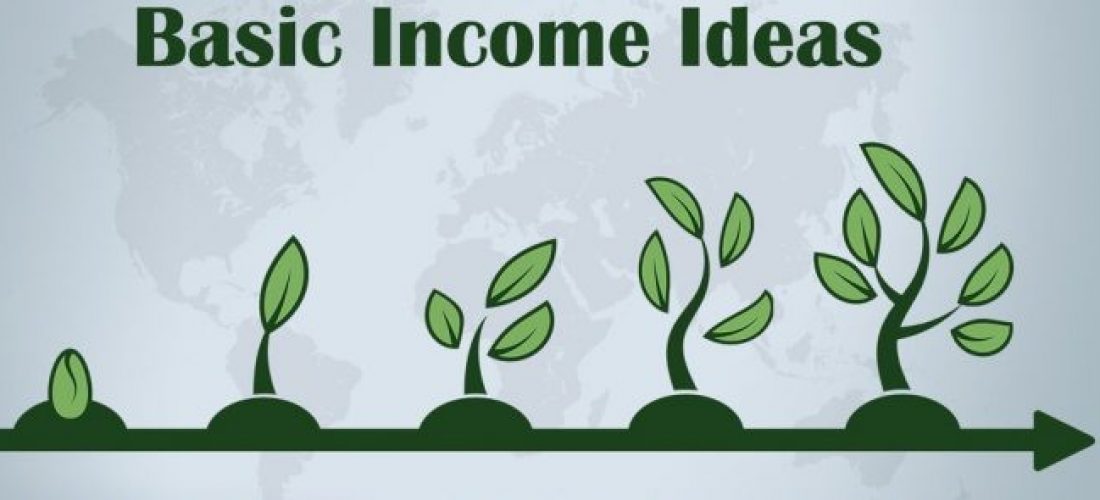Abstract
Proponents of an unconditional basic income see its introduction as the most desirable way to redesign existing labor markets, arguing that its effects on labor supply might engender full employment. Opponents, on the other hand, argue that an unconditional basic income would result in an economic crisis due to a severe reduction in labor supply. So far no empirical data were available to assess these claims. This article proposes an empirical research strategy, i.e. surveying specific types of lottery winners, to investigate the empirical consequences of introducing an unconditional basic income. The results of a pilot survey are presented.
Click here to read the paper in pdf version
Fonte The Journal of Socio-Economics 37 (2008) 1636–1659







